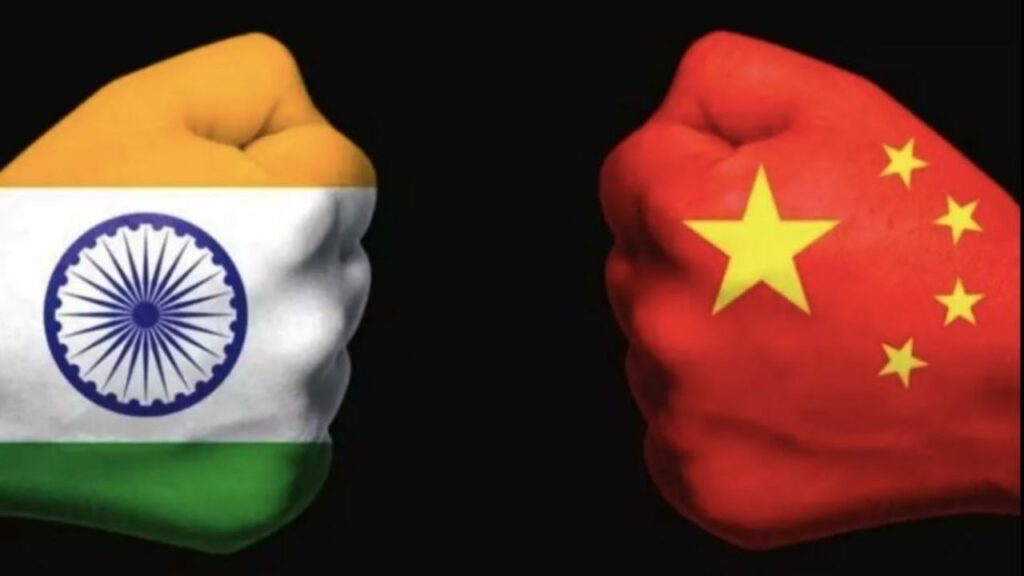India is completing regulations to shorten the time it takes for Chinese technicians to obtain visas.

Businesses claim that India’s potential to develop into a manufacturing hub is being hampered by the current visa restrictions.
India Finalizing Rules To Cut Down Visa Delays
Chinese engineers and technicians can now expedite their visa application process thanks to a framework being developed by the Department of Promotion of Industry and Internal Trade in partnership with the Ministries of Home and External Affairs.
The objective is to cut the current 4-to 5-month visa processing period down to 30 days. After a violent border conflict in 2020, China was hit with strict regulations that resulted in a reduction in visas, a ban on Chinese apps, and a slowdown in Chinese investments.
Prior to the pandemic in 2019, India had granted over 200,000 visas to Chinese nationals; by 2024, that number had dropped to about 2,000.
Though tensions are still tense, talks to address the border situation are still ongoing. The government intends to expedite the visa application process for all businesses in specific industries that are receiving government funding.
Presently, the only companies authorized to apply for business visas for Chinese workers are manufacturing companies under the incentive program.
The goal of the new framework is to reduce the amount of paperwork and laborious employment permits that are required.
India’s Imports From China
India imports a lot of goods from China, particularly the machinery required for manufacturing. Additionally, it takes Chinese engineers to install machinery, fix problems, and instruct Indian laborers.
Companies claim that India’s manufacturing goals and the subsidies given to manufacturers of electronics, automobiles, and medicines are being undermined by the government’s tough posture toward Beijing.
Visa limitations have resulted in increased expenses, investment blockages, and a decline in the trustworthiness of Indian companies as dependable vendors.
According to the India Cellular & Electronics Association, the border impasse caused the industry to lose 100,000 job chances and decreased production by almost $15 billion between 2020 and 2023.
Apple, its suppliers, and Chinese smartphone companies like Oppo and Vivo are all members of the group.
The association’s chairman, Pankaj Mohindroo, highlights the significance of investments, technology absorption, and skill transfer in attaining India’s economic objectives.
The industry has been affected by government actions taken against Chinese companies, including as investigations into tax evasion and money laundering. Because of the tense relations, few Chinese nationals are willing to visit India in search of commercial prospects.
Mohindroo is cautiously optimistic that a solution to the visa issue will benefit the country and the sector.











